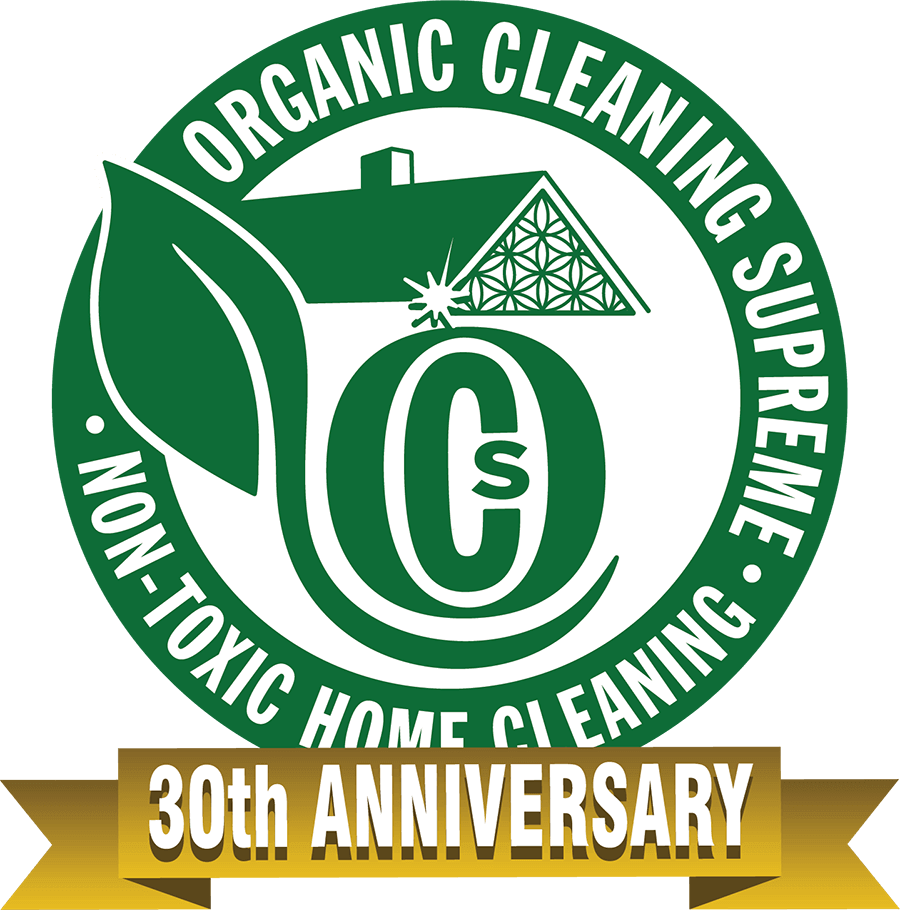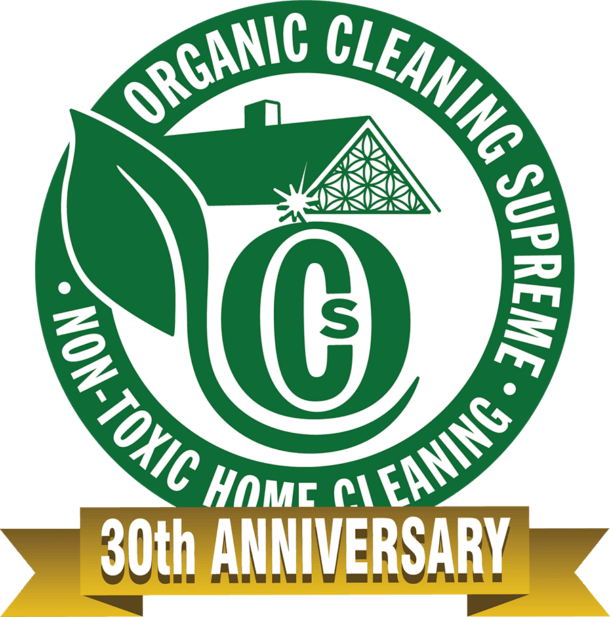Listen to this blog post:
What about toxins on your skin?
What do we do about toxins that are found everywhere – in the air we breathe, the water we drink, even in our own bodies? We work hard to keep toxins out of our homes, but we often fail to keep toxins away from our skin. Sunscreen is a case in point and one that can impact your entire family.
What toxins should you avoid this summer?

We all need a bit of sun. With summer in full swing, you might want to check on the sunscreen you have in your medicine cabinet. Some products contain more toxins than others. In fact, looking for alternatives to many of the sunscreens on the market could prove beneficial to your family’s health.
The controversy over sunscreen received new attention in May, when the state of Hawaii passed a bill restricting the sale of sunscreen containing the chemicals oxybenzone and octinoxate believed to bleach and kill coral reefs.
Coral is much like the canary in the coal mine. Coral signals the health and by extension, the destruction of our oceans. Sun screen isn’t the only culprit, but it is one that can be controlled.
According to an activist organization, the Environmental Working Group (EWG), they’ve conducted their 12th annual analysis of sunscreens which included hazard and efficacy ratings for approximately 650 sunscreens, 250 SPF-labeled moisturizers and 115 lip products. Sadly, 2/3 of the products scrutinized offered inferior sun protection or contained troublesome ingredients like oxybenzone, a hormone disruptor, or retinyl palmitate, a form of vitamin A that may actually harm your skin.
Many scientists feel that the EWG exaggerates its claims and concerns. Still, EWG continues to ask the US Food & Drug Administration (FDA) to create standards for sunscreen labeling, so we’d know which products are safe and which aren’t, but no luck so far.
So it remains – “caveat emptor” or buyer beware when shopping for sunscreen.
The EWG has developed a Skin Deep Database that provides information they claim identifies product safety. Naturally, during the long days of summer, when we may stay in the sun for longer periods than doctors recommend, sunscreens are vital, if they work and don’t contain cancer causing chemicals.
In an article published in Clinical Pharmacology & Therapeutics (12/2011), concerns about sunscreen were highlighted: “Sunscreens protect against sunburn, but there is no evidence that they protect against basal cell carcinoma or melanoma. Problems lie in the behavior of individuals who use sunscreens to stay out longer in the sun than they otherwise would. Vitamin D inhibition is, at this stage, unlikely due to insufficient use by individuals. Safety of sunscreens is a concern, and sunscreen companies have emotionally and inaccurately promoted the use of sunscreens.”
How do you know what kind of sunscreen to use?
There are two types of sunscreens. One type uses chemicals to block the sun and the other uses minerals. Chemical sunscreens create a chemical reaction to prevent damage from the sun’s UVA and UVB rays. Mineral sunscreens act more like a physical barrier, as they block or keep the rays away from the skin.
Oxybenzone, that chemical contained in most sunscreens and now banned in Hawaii, has been detected by the Centers for Disease Control in the bodies of 97% of Americans tested. And two European studies have discovered sunscreen chemicals in mothers’ milk in up to 85% of samples tested. This indicates the fetus and newborns are at risk of exposure to these substances.
Zinc oxide occurs in nature. Zinc oxide is not naturally-occurring but is created when zinc is chemically heated and combined with oxygen molecules. The two elements are vaporized, condensed, and formed into a powder that is fine, white, crystallized and sits on top of the skin providing a protective layer.
Improvements continue. Slathering white, pasty zinc oxide on your skin may not be your first choice. Recent advances have produced sunscreens that use a micronized formula of zinc oxide the does not leave a white film. Just Google “best zinc oxide sunscreens” to discover the right non-toxic sunscreen for you.
If you want to keep your Marin home toxin free, call us today at (415) 519-7404 to learn more about our organic green cleaning.


